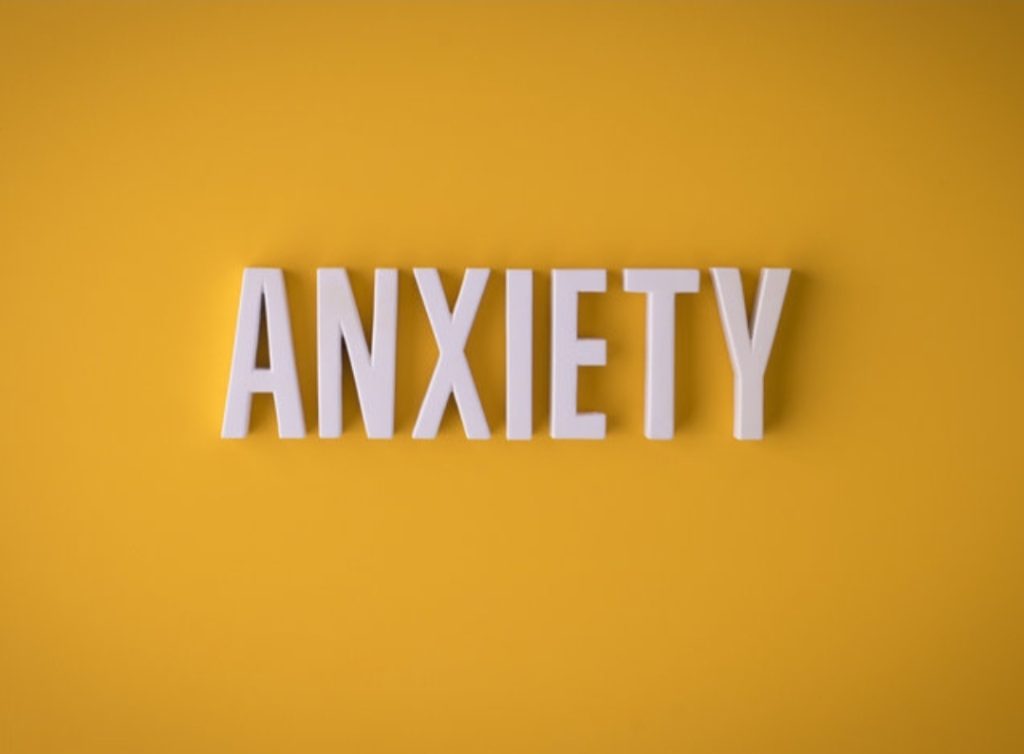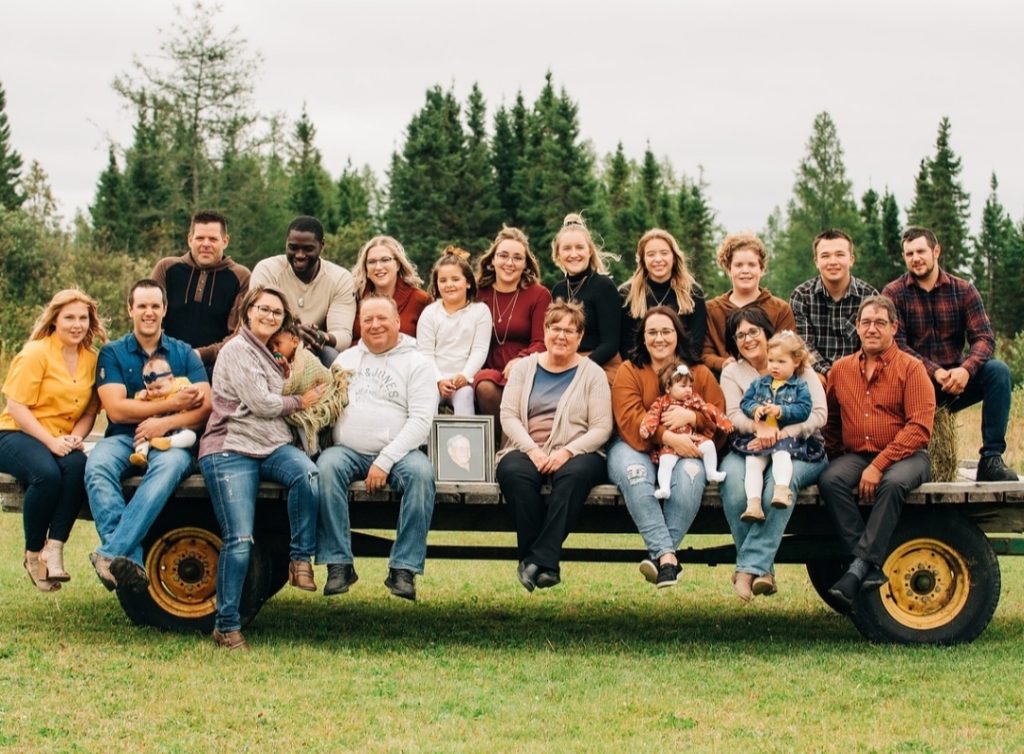Gaslighting. It’s what happens when one controlling and abusive person attempts to overcome his or her low self-esteem by making another person feel wrong or bad or inadequate as a person. The effects on both people can be horrible and when one person tries to break the dynamic, the abuser can become enraged and possibly violent. However it plays out, it can get nasty.
The term “gaslighting” comes from a 1930’s stage play, Gas Light and two movies made in the 1940s, both entitled Gaslight. The plot involves a husband attempting to drive his wife crazy by dimming the gas lights in their home and then denying that the lights changed. The woman becomes dependent on her husband because he has convinced her she’s insane and she should protect herself by never leaving the house. Perhaps this strikes many with disbelief, but sadly people with mental health issues can inflict great harm on others.
Gaslighting victims literally feel they are losing their minds as the abusers wear them down psychologically at which time the person may feel depressed, anxious, isolated, without hope, have a dependence on the abusers, and/or trauma-bonding (described by Licensed Mental Health Counselor Stephanie Juliano, LPCC, as “It can be a cycle of, if I’m loved, I’m abused; it’s my fault and I need to please them. Many don’t even make the connection that they are, in fact, being abused.”)
People who engage in gaslighting generally are habitual and pathological liars and often exhibit narcissistic tendencies. They blatantly lie and never admit to lying or that they’re wrong. They repeatedly provide proof of their deception using statements like: “You’re making things up,” “That never happened,” or “You’re crazy.”
People who gaslight and engage in bullying and emotional abuse habitually deny they did anything wrong by avoiding taking any responsibility for their own poor choices. The victims feel unseen, unheard, and believe the impact on them is not at all important. These reactions instill difficulties to move on or heal from the bullying and abusiveness. The people engaged in gaslighting will probably use loving words like, “You know how much I love you” to try to smooth over the situation. The victims cling to these words and will let their abusers off the hook, but if the same behavior continues the bully is allowed to escape responsibility or consequences for their hurtful behavior.
The victims need to be aware that they are being abused and harassed through no fault of their own. The signs of being victimized by a gaslighter may include:
- Self-doubt, including thinking the treatment is not too bad or that the victim is being too sensitive
- Questioning one’s judgment and being afraid to speak up against the injustice because doing so often enrages the abuser and makes life more miserable
- Feeling vulnerable, alone, powerless, and insecure
- Disappointment because of feelings of weakness, when in the past one felt stronger and more assertive
- Confusion because the gaslighting bully confuses the victim with “Dr. Jekyll and Mr. Hyde”-type actions
- Often having a sense of impending doom, making too many apologies, and assuming others are disappointed in the victim’s actions
The most valuable path to feeling secure and back on track includes both professional and legal help. A doctor can help one find a counselor or if you’re a victim, you can call the National Domestic Violence Hotline at 1-800-799-7233 for confidential assistance from trained advocates.
There are many reasons why a person will use gaslighting behavior on someone, but the victim needs to be aware of what is happening and seek help. Gaining one’s self-esteem will be valuable and bring a new sense of security. If you are a victim or if you know of one, seek help. No one deserves to be bullied, especially on this level.
Her Nexx Chapter invites you to join our free Community where women from around the world are connecting with each other’s stories, exploring different experiences, and transforming ideas.
The Future of Connection for Women








0 Comments